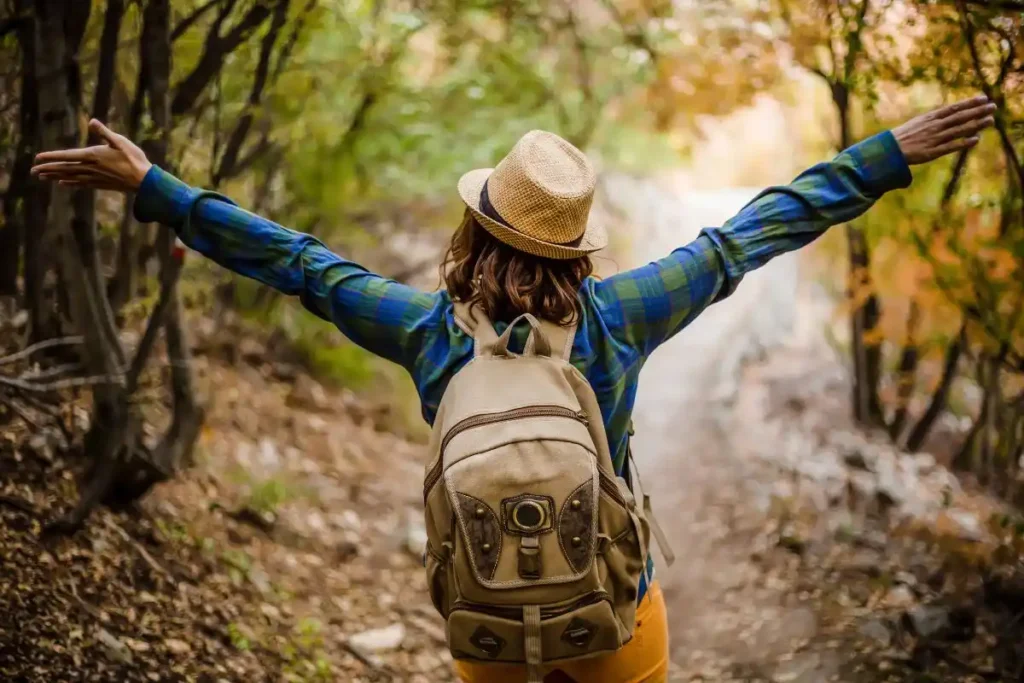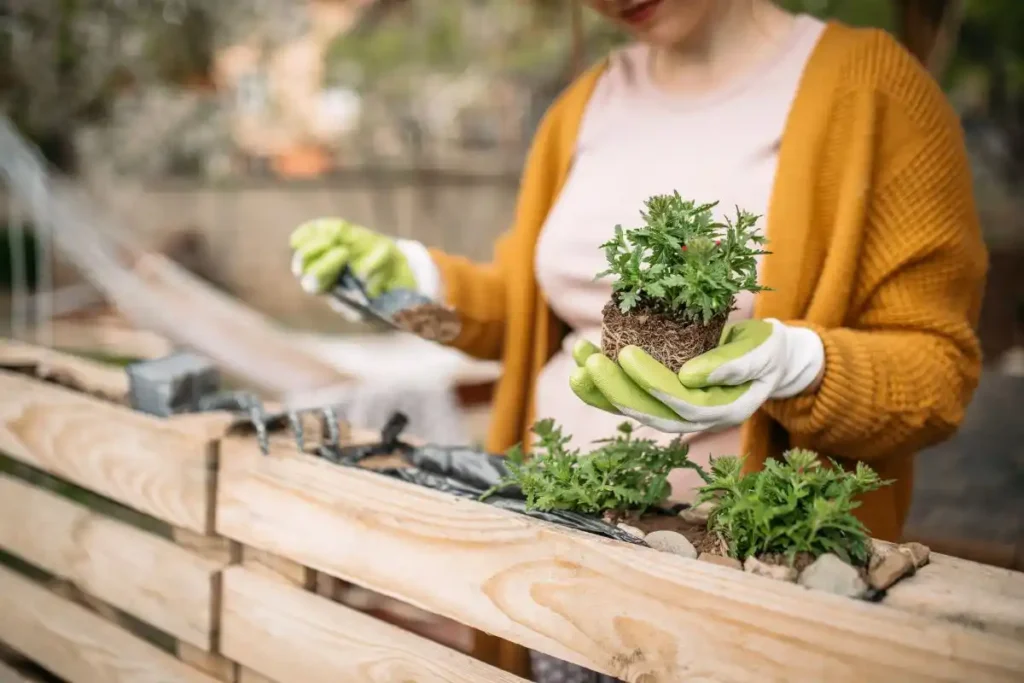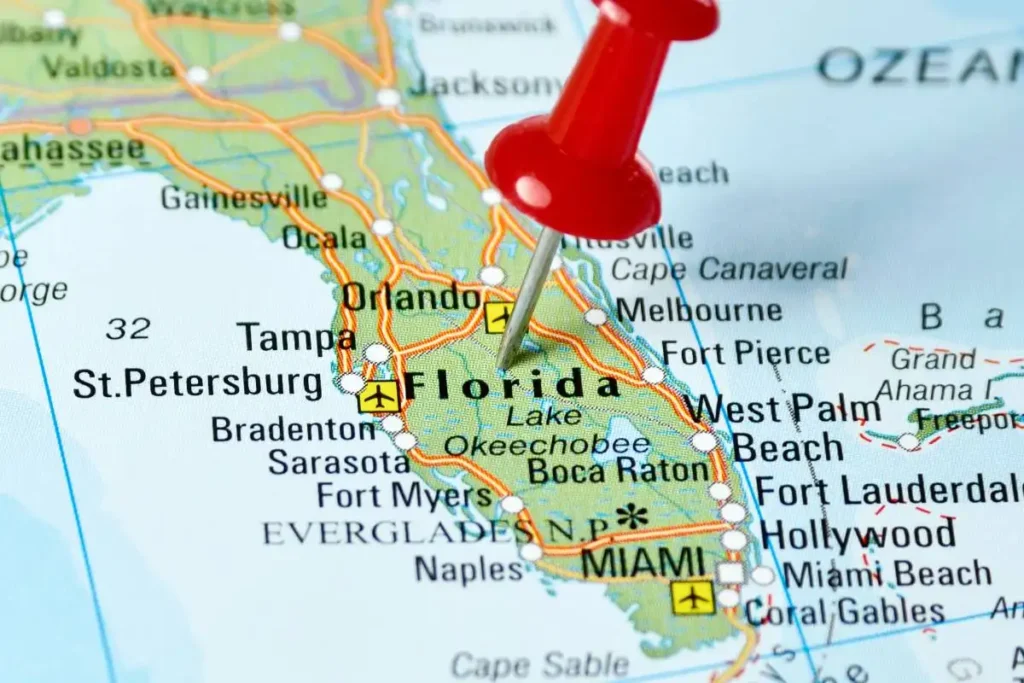Hey there! If you’re an autistic adult looking to shake up your routine and get some fresh air, you’re in the right place. Let’s chat about some awesome outdoor hobbies that might just become your new favorite thing.
Look, I get it. The outside world can be a lot sometimes. Bright lights, loud noises, unpredictable situations – it’s not always a walk in the park (pun intended). But here’s the thing: nature can be a game-changer for autistic folks.
Nature’s got this amazing way of calming our senses. The gentle rustle of leaves, the soft grass under our feet, the soothing colors of the sky – it’s like a natural reset button for our brains. When I’m overwhelmed, stepping outside can make a difference.
Outdoor hobbies for autistic adults aren’t just about getting some vitamin D (though that’s a sweet bonus). They’re about finding a space where we can be ourselves, without the constant sensory overload of indoor environments. Plus, moving our bodies in nature can help regulate our emotions and improve our overall well-being.
Building Confidence and Independence
Let’s be real – trying new things can be scary. But outdoor hobbies offer a unique opportunity to push our boundaries in a low-pressure environment. Whether it’s mastering a new hiking trail or growing your first tomato plant, these small wins can boost our confidence big time.
For autistic adults, outdoor activities can also be a path to greater independence. Learning to navigate nature, plan outdoor trips, or care for plants can translate into valuable life skills. It’s all about finding what works for you and taking it one step at a time.
Outdoor Hobbies to Explore
Alright, let’s dive into some outdoor hobbies for autistic adults that might tickle your fancy. Remember, there’s no one-size-fits-all approach here. It’s all about finding what clicks with you.
1. Hiking and Nature Walks
Hiking is like the Swiss Army knife of outdoor hobbies – it’s versatile, accessible, and can be tailored to your needs. For autistic adults, hiking offers a chance to explore nature at your own pace. You can start small with short nature walks in your local park and gradually work your way up to more challenging trails.
What I love about hiking is the predictability. You can plan your route, check the weather, and prepare for what’s ahead. This can help ease anxiety and make the experience more enjoyable. Plus, the repetitive motion of walking can be incredibly soothing for many autistic individuals.
Pro tip: Consider using hiking apps or maps to plan your route. This can help you feel more in control and prepared for your adventure.
2. Gardening and Plant Care
If you’re looking for outdoor hobbies for autistic adults that offer a sense of routine and tangible results, gardening might be your jam. Whether you’ve got a backyard or just a sunny windowsill, nurturing plants can be incredibly rewarding.
Gardening allows us to engage with nature in a structured way. We can control variables like soil type, watering schedules, and plant selection. This level of control can be comforting for many autistic individuals who thrive on routine and predictability.
Starting small is key. Maybe begin with a few easy-to-grow herbs or succulents. As you gain confidence, you can expand your garden and experiment with different plants. The best part? You get to enjoy the literal fruits (or veggies) of your labor!
3. Bird Watching
Now, don’t roll your eyes at me just yet. Bird watching, or “birding” as the cool kids call it, can be an incredibly engaging hobby for autistic adults. It combines the peacefulness of nature with the excitement of spotting and identifying different species.
What makes bird watching great for autistic individuals is its structured nature. You can use field guides or apps to learn about different birds, their habits, and their calls. It’s like a real-life scavenger hunt, but with feathers.
Bird watching also offers flexibility. You can do it alone or with others, in your backyard or at a nature reserve. It’s a hobby that can grow with you as you develop your skills and knowledge.
Overcoming Challenges in Outdoor Activities
Let’s be real – getting into outdoor hobbies as an autistic adult isn’t always smooth sailing. But don’t worry, we’ve got some strategies to help you navigate the bumps along the way.
Dealing with Sensory Overload
Nature can be unpredictable, and that can sometimes lead to sensory overload. The key is to be prepared and have strategies in place to manage these situations.
Consider bringing noise-canceling headphones or earplugs if you’re sensitive to sound. Sunglasses or a hat can help with bright light. Wearing comfortable, breathable clothing can make a big difference in how you feel outdoors.
It’s also okay to take breaks when you need them. Find a quiet spot to recharge if things get overwhelming. Remember, there’s no shame in stepping away to take care of yourself.
Building Routines and Predictability
For many autistic adults, routines are crucial for feeling comfortable and in control. The good news is, that you can build routines into your outdoor hobbies too.
When hiking, for example, you might develop a pre-hike routine: checking the weather, packing your bag in a specific order, and reviewing your route. For gardening, you could create a weekly schedule for watering, pruning, and checking on your plants.
These routines can help make outdoor activities feel more manageable and enjoyable. They give us a sense of structure even when we’re venturing into new territories.
Finding Your Outdoor Tribe
While solo adventures are great, sometimes it’s nice to connect with others who share our interests. Let’s explore some ways to find your outdoor community.
Joining Autistic-Friendly Outdoor Groups
More and more outdoor groups are recognizing the need for neurodiversity-friendly spaces. Look for local hiking groups, gardening clubs, or nature societies that specifically welcome autistic adults. These groups often understand our unique needs and can provide a supportive environment for exploring outdoor hobbies.
Don’t be afraid to reach out and ask about accommodations or what to expect. Most groups are happy to provide information and make adjustments to ensure everyone feels comfortable.
Online Communities and Resources
The internet can be a goldmine for connecting with other autistic adults who love outdoor activities. Forums, social media groups, and online communities dedicated to specific hobbies can be great places to share experiences, ask questions, and find inspiration.
These online spaces can also be a stepping stone to in-person meetups. You might find local events or even organize your outdoor gatherings with like-minded individuals.
Adapting Outdoor Hobbies to Your Needs
One of the best things about outdoor hobbies for autistic adults is how flexible they can be. Let’s talk about some ways to tailor these activities to your unique needs and preferences.
Customizing Your Gear
Having the right gear can make or break your outdoor experience. For autistic adults, this might mean investing in sensory-friendly equipment.
For hiking, consider shoes with the right level of support and comfort for your feet. Experiment with different backpacks to find one that doesn’t irritate your shoulders or back. If you’re into gardening, look for tools with ergonomic handles that feel good in your hands.
Don’t be afraid to modify your gear to suit your needs. Add extra padding to straps, use grip tape on handles, or create your organization system for your supplies. The goal is to make your outdoor experience as comfortable as possible.
Creating Your Own Rules
Who says you have to hike for hours or tend to a massive garden? One of the beauties of outdoor hobbies for autistic adults is that you can set your own rules and expectations.
Maybe your ideal hike is a 15-minute walk in a nearby park. Perhaps your garden consists of a single potted plant on your balcony. That’s fine! The important thing is that you’re engaging with nature in a way that feels good to you.
Set realistic goals that align with your interests and abilities. As you grow more comfortable, you can gradually challenge yourself if you want to. But always remember – there’s no “right” way to enjoy the outdoors.
The Mental Health Benefits of Outdoor Hobbies
Let’s talk about something really important – how outdoor hobbies can be a game-changer for our mental health as autistic adults.
Stress Relief and Emotional Regulation
Nature has this amazing ability to calm our minds and help us regulate our emotions. When we’re feeling overwhelmed or anxious, stepping outside and engaging in an outdoor hobby can be like hitting a reset button for our brains.
For me, digging in the garden or taking a quiet walk in the woods helps me process my thoughts and feelings. The rhythmic nature of these activities, combined with the sensory input from nature, can be incredibly soothing.
Research has shown that spending time in nature can reduce stress hormones and improve mood. For autistic adults who often deal with high levels of stress and anxiety, this natural form of stress relief can be invaluable.
Building Self-Esteem and Accomplishment
Outdoor hobbies for autistic adults offer plenty of opportunities for personal growth and achievement. Whether it’s identifying a rare bird species, successfully growing a challenging plant, or completing a difficult hiking trail, these accomplishments can significantly boost our self-esteem.
These successes, no matter how small they might seem to others, can be huge for us. They prove to ourselves that we’re capable, adaptable, and resilient. Over time, this sense of accomplishment can spill over into other areas of our lives, helping us feel more confident in tackling new challenges.
Embracing the Journey
As we wrap up our chat about outdoor hobbies for autistic adults, I want to leave you with some final thoughts.
Patience and Self-Compassion
Getting into outdoor activities isn’t always easy, especially if you’re dealing with sensory sensitivities or anxiety. It’s important to be patient with yourself and practice self-compassion as you explore these new hobbies.
Remember, it’s okay if things don’t go perfectly at first. Maybe your first hike feels overwhelming, or your initial attempts at gardening don’t yield the results you hoped for. That’s all part of the learning process. Treat each experience as an opportunity to learn more about yourself and what works for you.
Celebrate your efforts, no matter how small they might seem. Taking that first step outside, trying a new activity, or pushing yourself slightly out of your comfort zone – these are all victories worth acknowledging.
The Joy of Discovery
One of the most exciting aspects of outdoor hobbies for autistic adults is the constant opportunity for discovery. Nature is full of surprises, and each time you step outside, you have the chance to learn something new.
Maybe you’ll spot a flower you’ve never seen before on your nature walk. Perhaps you’ll discover a new favorite bird call while out birding. Or you might find that you have a natural talent for nurturing a particular type of plant.
These moments of discovery can bring joy and excitement to our lives. They remind us of the beauty and complexity of the world around us and can help us feel more connected to our environment.
As you continue to explore outdoor hobbies, keep an open mind and be ready for these little moments of wonder. They’re what make these activities so rewarding and enriching.
Outdoor hobbies for autistic adults offer a world of possibilities. Whether you’re drawn to the tranquility of a garden, the adventure of a hiking trail, or the fascination of observing wildlife, there’s something out there for everyone. The key is to start small, be patient with yourself, and focus on what brings you joy and peace.
So, what are you waiting for? The great outdoors is calling, and it’s got a special place just for you. Take that first step, breathe in the fresh air, and see where your new outdoor hobby takes you. You might just surprise yourself with how much you love it.






